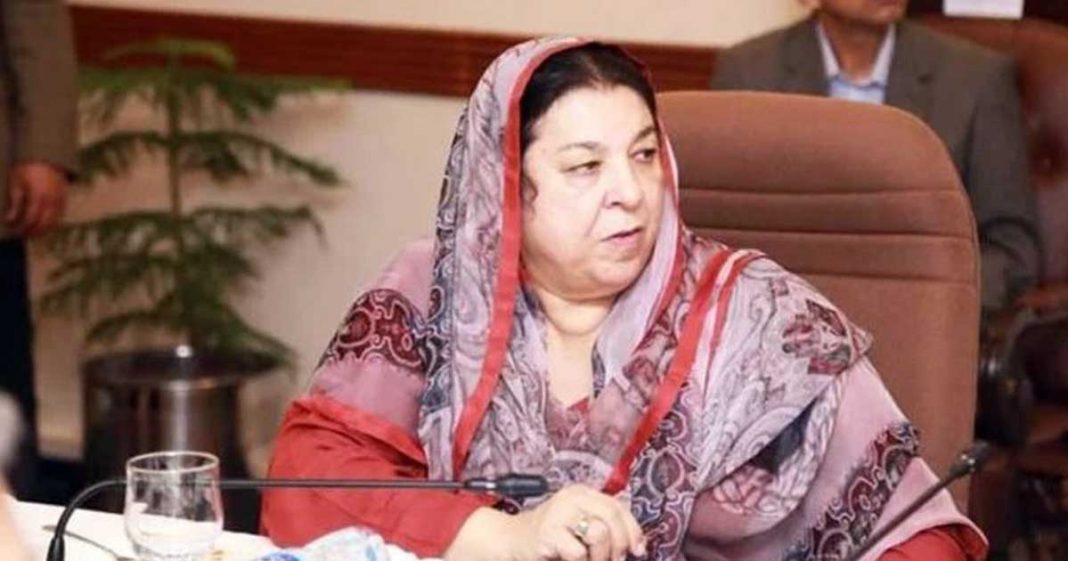Pakistan Tehreek-e-Insaf (PTI) leaders Yasmin Rashid and Omar Sarfaraz Cheema, already under detention for multiple cases linked to the May 9 violence, faced fresh arrests related to an additional First Information Report (FIR) accusing them of attacking the Prime Minister’s House in Lahore.
The recent arrest unfolded following a court appearance at an anti-terrorism court in Lahore, where Yasmin and Cheema were presented and subsequently remanded to jail for 14 days. The court proceedings revealed a supplementary statement by the police outlining additional charges against the PTI leaders, alleging their involvement in leading a group of PTI supporters who attacked the Prime Minister’s House on May 9.
The charges leveled against Yasmin and Cheema include leading a group of around 800-900 PTI supporters who allegedly attempted to breach the gates of the Prime Minister’s House with clubs and stones.
The group, incited in response to Imran Khan’s arrest, was accused of threatening staff and attempting to start a fire. Despite the police’s request for a 30-day physical remand to gather further evidence, the court declined, citing the absence of evidence or weapons in possession of Yasmin and Cheema. However, the court remanded the PTI leaders to judicial custody for 14 days, scheduling their next appearance on December 4.
Read More: PML-N Denies Proposing Changes to the 18th Amendment
Recent developments in the case are part of a broader crackdown on PTI, with the Punjab police initiating a new wave of arrests targeting PTI workers and activists. A fresh list of 884 PTI workers circulated among police stations, primarily focusing on members labeled as the ‘B team’ of PTI’s top leadership.
Despite legal proceedings, Yasmin Rashid expressed her intention to contest elections against PML-N leaders Nawaz Sharif and Shehbaz Sharif, asserting her constitutional right while lamenting the delayed completion of challans against her over the past six months. The case adds another layer to the political tensions and legal battles surrounding the aftermath of the May 9 incident, marking a crucial juncture in Pakistan’s political landscape














